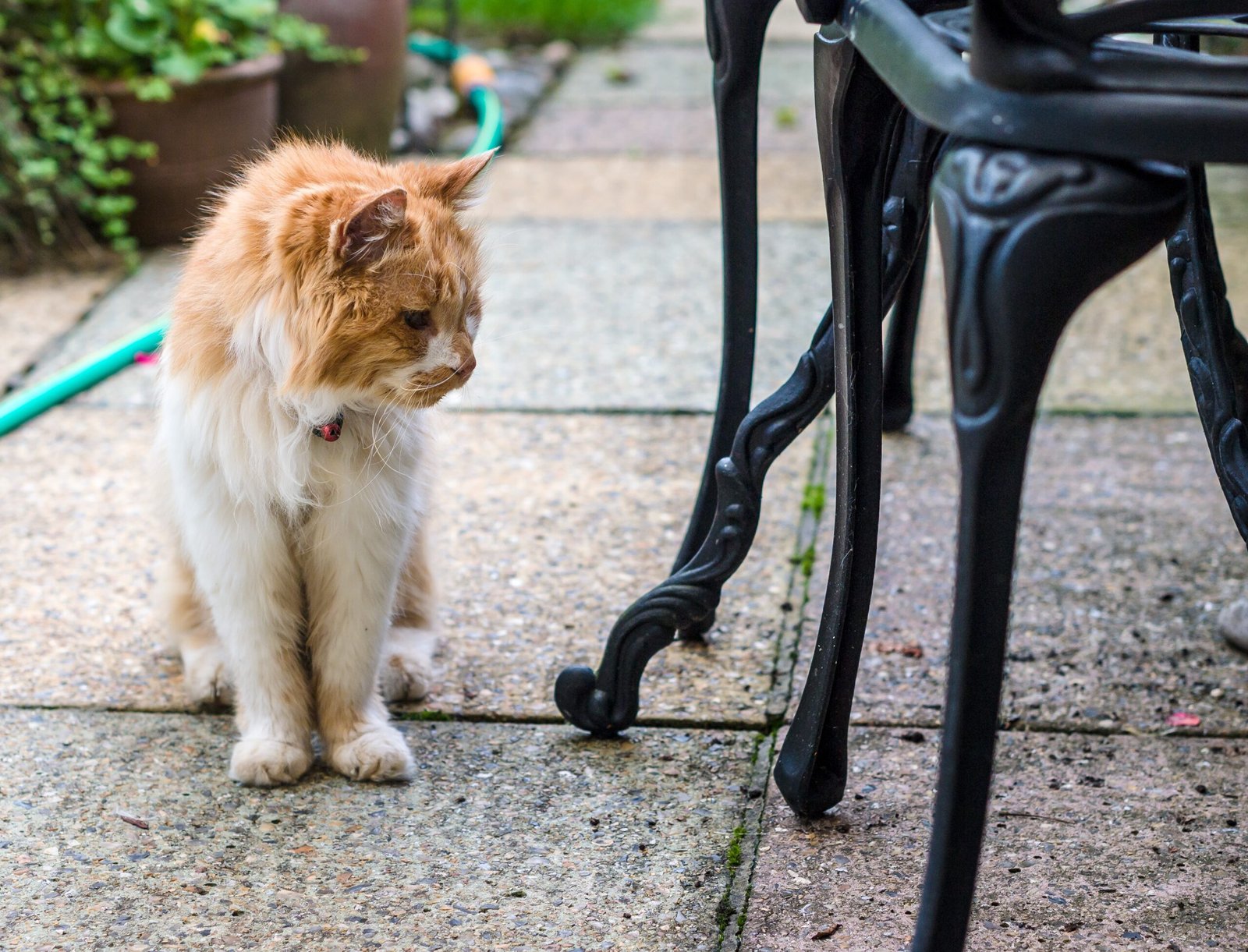As cats grow older, their needs and behaviors shift in subtle but meaningful ways. You might notice your once spry kitty slowing down, becoming more vocal, or preferring quieter corners of the house. Aging can bring changes in their appetite, grooming habits, and even how social they are. Some senior cats become extra affectionate, while others value their independence more than ever. Health-wise, arthritis, dental issues, and kidney concerns can pop up, so regular vet visits become even more important. Adapting means adjusting their environment—adding soft bedding, ramps, or switching to senior-friendly food. With a little extra attention and patience, your aging cat can continue living a comfortable, happy life by your side.
Slowing Down: When Playtime Changes
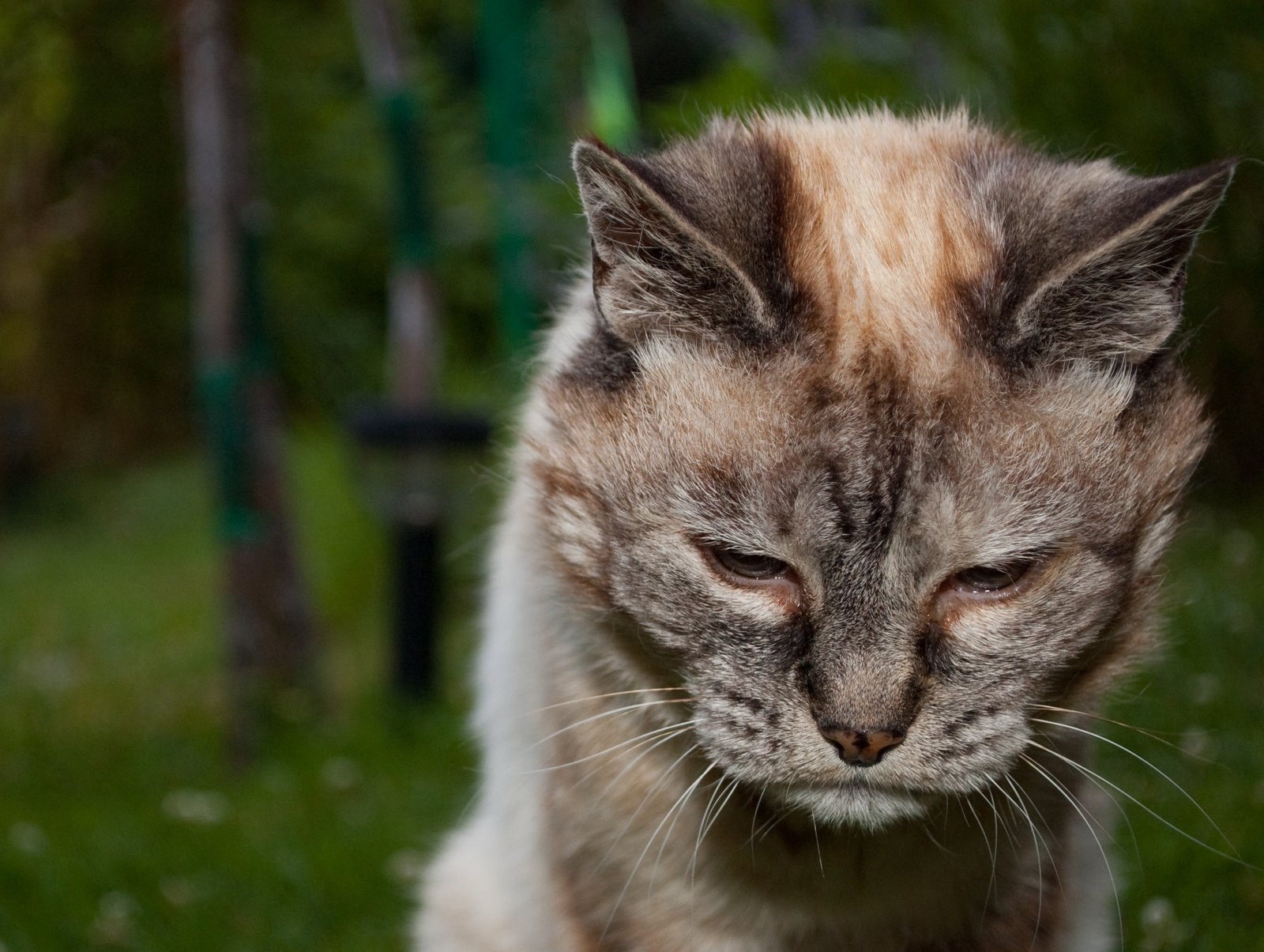
One of the first changes you’ll likely notice is how your energetic cat starts to slow down. Those mad dashes across the living room or wild leaps after feather toys might become less frequent. Senior cats often prefer gentle play or simple games, like batting at a string you gently wiggle near their paws. Don’t take this as laziness—it’s just their bodies asking for a slower pace. To adapt, swap out high-energy toys for interactive puzzles or soft plushies. Make time every day to engage them, even if it’s just a gentle brushing session or a cuddle on your lap. Remember, the play might change, but the desire for attention never fades.
Changes in Eating Habits and Nutrition Needs
As cats age, their appetites can shift in surprising ways. Some may become picky eaters, while others might eat less due to dental pain or a duller sense of smell. Senior cats also need different nutrients—more protein, fewer calories, and special vitamins for joint health or digestion. Watch out for sudden weight loss or gain, and don’t hesitate to talk to your vet about switching to a senior formula. You might need to feed smaller, more frequent meals or offer softer foods if chewing becomes difficult. Food time can still be a happy moment—just a little different from when they were kittens.
Grooming: From Fastidious to Forgetful
Cats are famous for their grooming skills, but with age, you may notice your cat’s coat looks dull or matted. Arthritis and stiffness can make it harder for them to reach all those tricky spots. This is where you come in—helping with daily brushing not only keeps their fur smooth but also gives you a chance to check for lumps, bumps, or skin changes. Brushing can become a special bonding ritual, and trust me, some cats love the extra attention. If your cat resists, try a softer brush and take it slow. They’ll come to appreciate the help, even if they don’t say so.
Personality Shifts: From Bold to Bashful
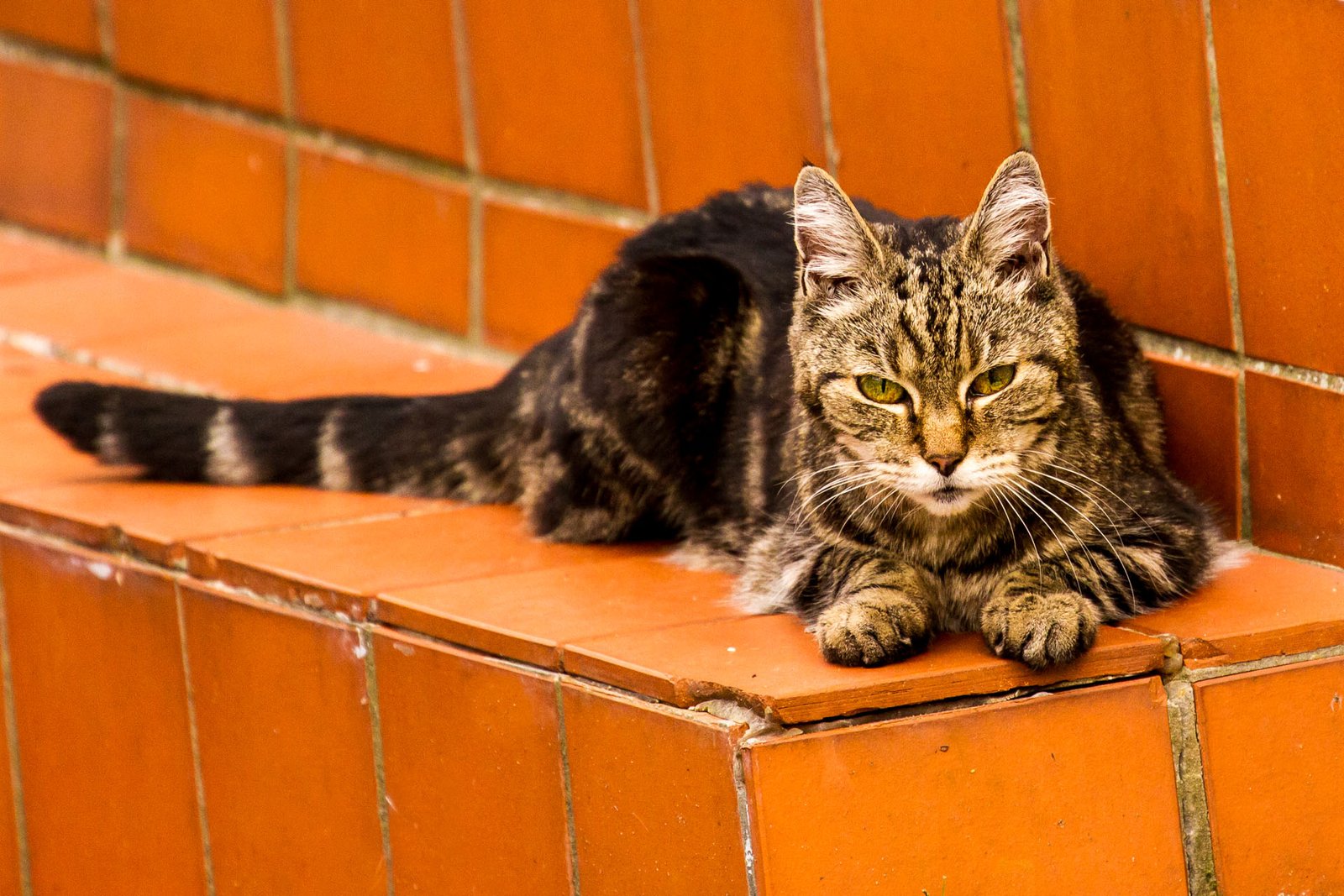
It’s touching—and sometimes a little sad—to see how a cat’s personality can mellow with age. The bold explorer may become more reserved, preferring quiet nooks to crowded rooms. Some seniors get more affectionate and clingy, while others crave solitude. It’s important to respect their changing boundaries. Set up cozy, quiet spaces where they can rest undisturbed, but always be ready with a loving scratch behind the ears when they seek you out. Remember, patience and understanding go a long way in keeping your senior cat feeling secure.
Joint Stiffness and Mobility Issues
Stiffness and arthritis are heartbreakingly common in older cats. You might notice them hesitating before jumping, or avoiding the high shelf they used to love. Sometimes, they’ll limp after a nap or seem less nimble going up stairs. Adapt your home by placing ramps or sturdy step stools near their favorite spots. Consider orthopedic beds that cushion sore joints, and keep litter boxes easily accessible—no high sides or long treks across the house. A little rearranging can make a world of difference for a cat trying to navigate the aches and pains of aging.
Bathroom Habits: More Accidents, New Challenges
Bathroom routines often change as cats get older. They might have accidents outside the litter box, or seem to visit it more frequently. This could be due to medical issues like kidney disease, diabetes, or simply because climbing in and out is harder now. Switch to low-sided, easy-access litter boxes and place them in quiet, convenient locations. Clean the boxes more often—older cats are even fussier about cleanliness. If accidents happen, don’t scold; instead, look for underlying health issues and make the bathroom experience as stress-free as possible.
Vision and Hearing Loss
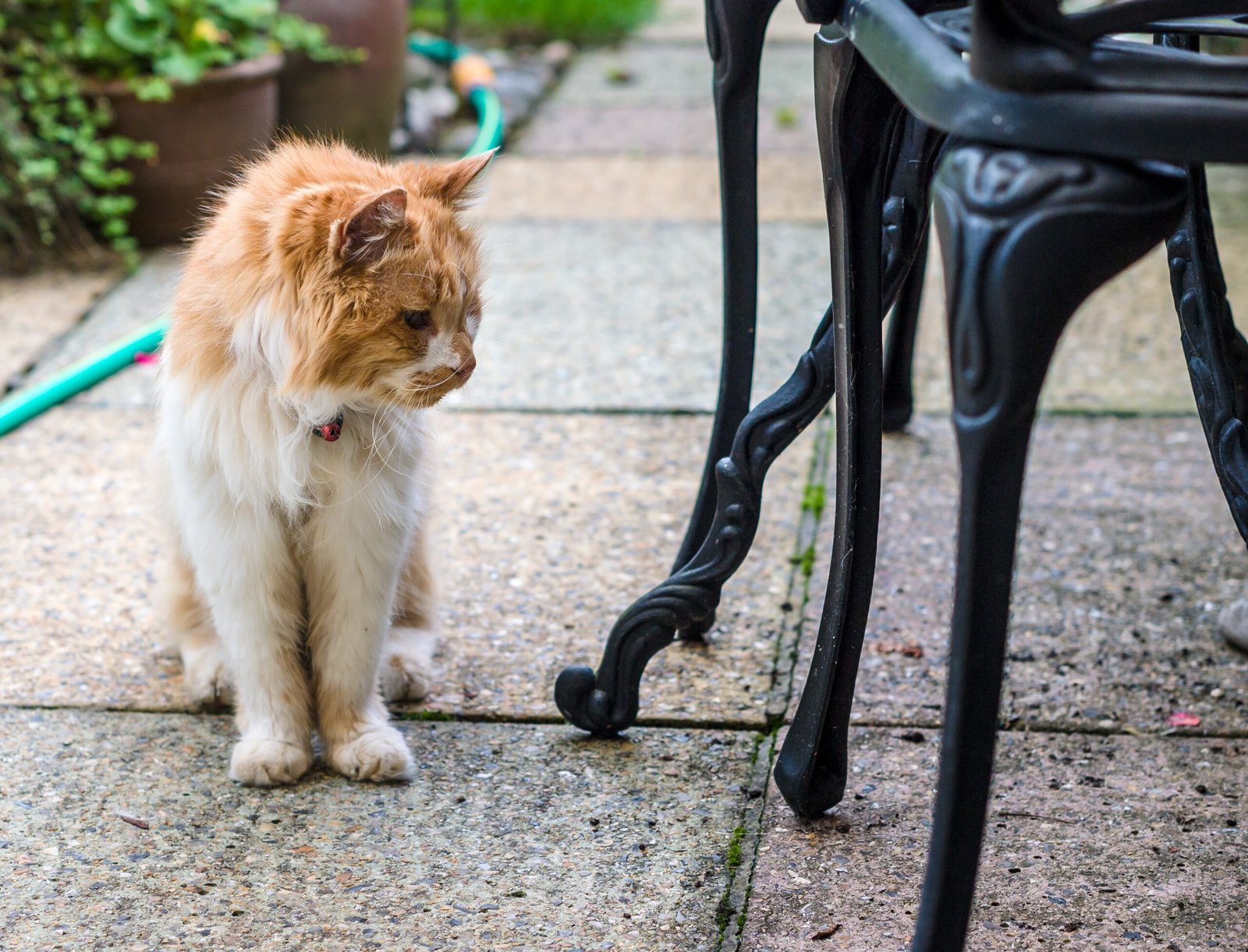
Have you noticed your cat bumping into furniture or not responding when you call? It’s not just stubbornness—older cats can lose their vision or hearing. Dimming eyesight makes it tougher to navigate the house, while hearing loss can make them startle easily. Keep furniture in the same places and avoid loud noises. Use touch and scent to guide them—gentle pats, soft blankets, and familiar smells offer comfort. Some cats actually become more confident with routine and predictability, so stick to their favorite rituals.
Sleep Patterns: From Cat Naps to Deep Slumbers
Senior cats sleep even more than their younger selves, sometimes clocking up to 20 hours a day. Don’t be alarmed if your cat snoozes through most of the daylight. Their bodies need extra rest to repair and recharge. Make sure they have warm, quiet sleeping spots with easy access. Heated beds or blankets are a dream for achy joints. If your cat starts vocalizing at night or seems restless, it could be a sign of confusion or discomfort—always check with your vet if sleep patterns change drastically. Just remember, a sleepy cat is usually a happy cat.
Medical Needs and Regular Vet Visits
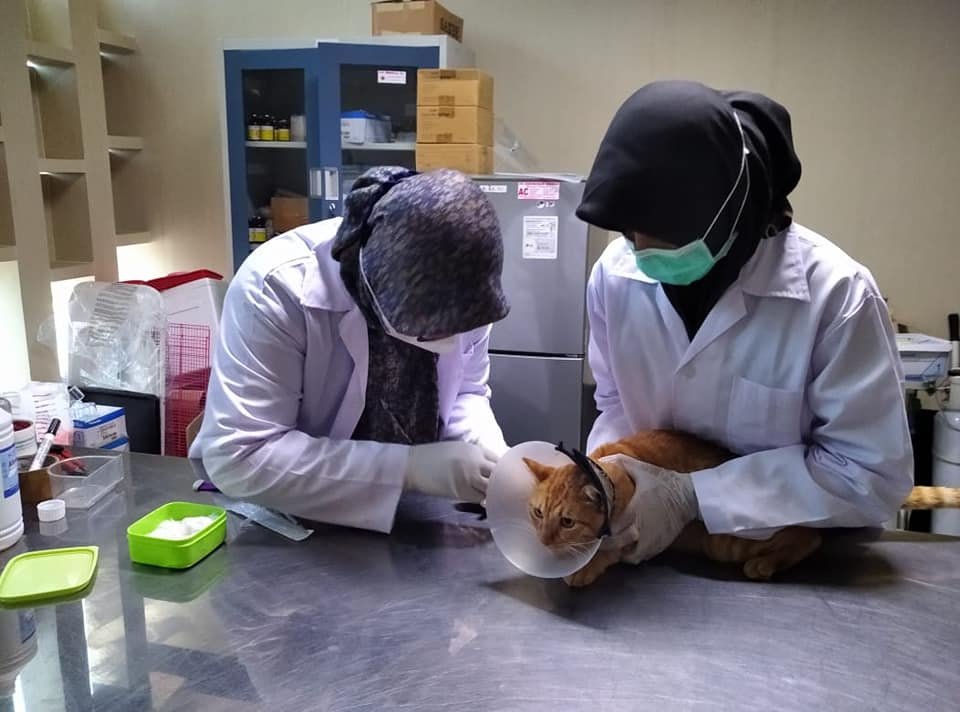
The older your cat gets, the more important regular vet visits become. Annual checkups might need to become biannual, as early detection is key for managing age-related illnesses. Watch for subtle changes: weight loss, thirst, sneezing, or hiding more than usual. Many conditions, like hyperthyroidism or kidney disease, are treatable if caught early. Stay alert, and don’t be afraid to ask your vet about bloodwork or special screenings. Keeping up with vaccinations, dental care, and flea treatments remains just as important—age is no excuse for skipping basic health care.
Emotional Needs: Comfort, Company, and Calm
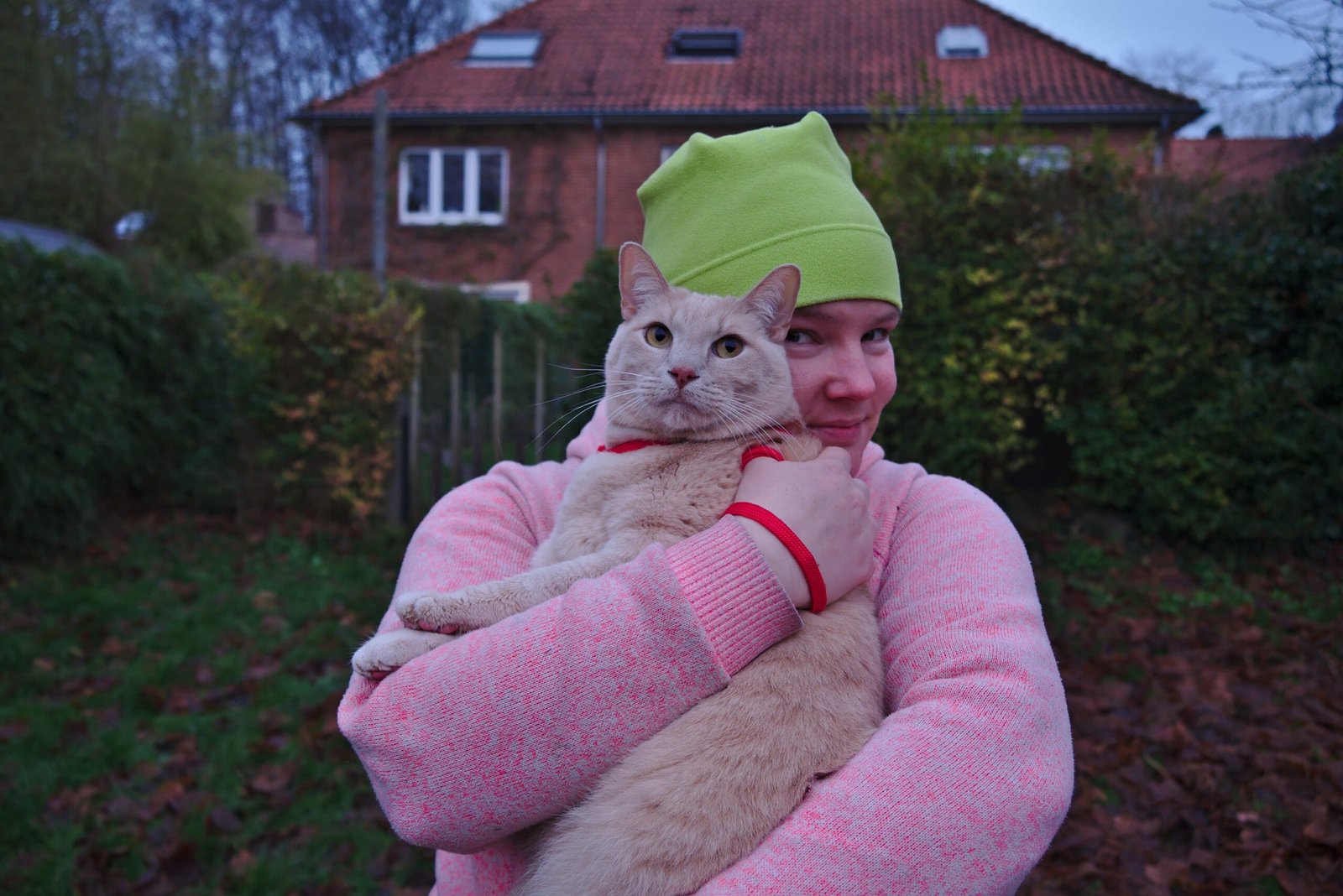
Perhaps the most touching change is how senior cats crave comfort and calm. They might follow you from room to room, seeking your warmth and reassurance, or they may prefer gentle solitude. Stress can hit older cats hard, so keep their environment predictable and peaceful. Play soft music, avoid sudden changes, and spend quiet moments together. Sometimes, just sitting side by side is all they need to feel safe and loved. It’s a gentle reminder that as they age, what matters most is your steady, loving presence.
Watching your cat grow older is bittersweet, but with the right care, their golden years can be just as fulfilling. By tuning in to their changing needs—whether it’s a softer bed, easier-to-chew food, or more frequent cuddles—you’re giving them the comfort they deserve. Aging doesn’t mean they stop being curious or loving; it just means they need you a little differently. Stay attentive, patient, and loving, and your senior cat will continue to thrive right by your side. What changes surprised you most about your aging cat?
Jen is a passionate nature lover and ocean conservationist. She has dedicated her life to protecting the environment and preserving the beauty of the natural world. Growing up in a small coastal town, Jen sincerely appreciated the ocean and its inhabitants. She has spent countless hours exploring the shoreline, learning about the creatures that inhabit the waters, and advocating for their protection. Jen is an active member of ocean conservation organizations, and she is committed to educating the public about the importance of conserving wildlife and the natural environment.

